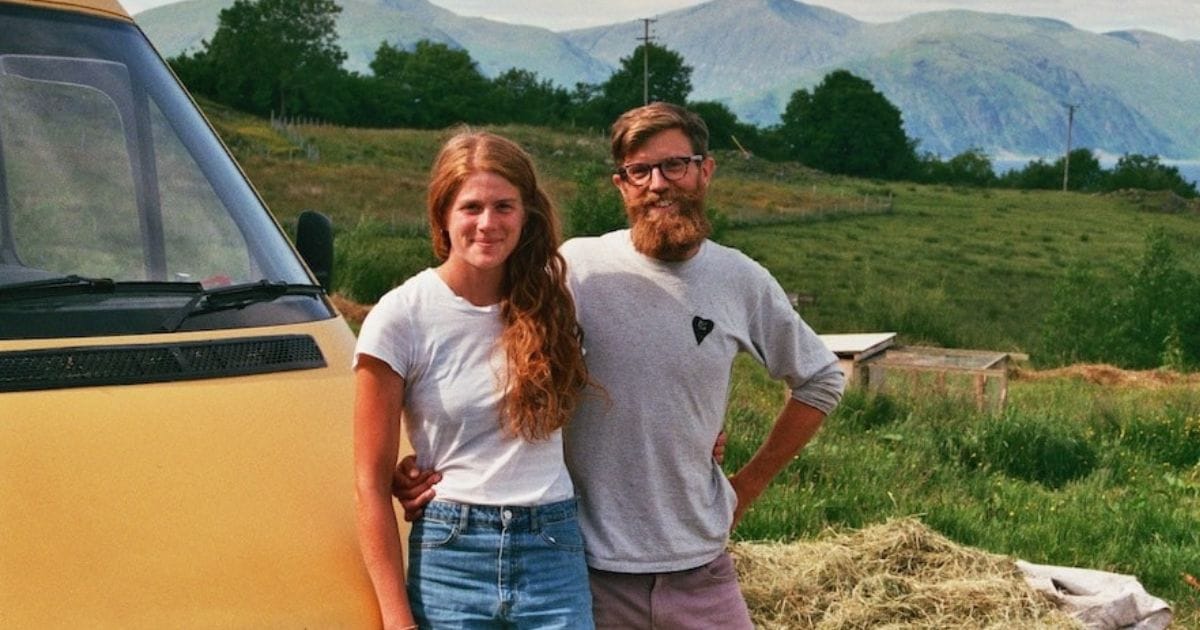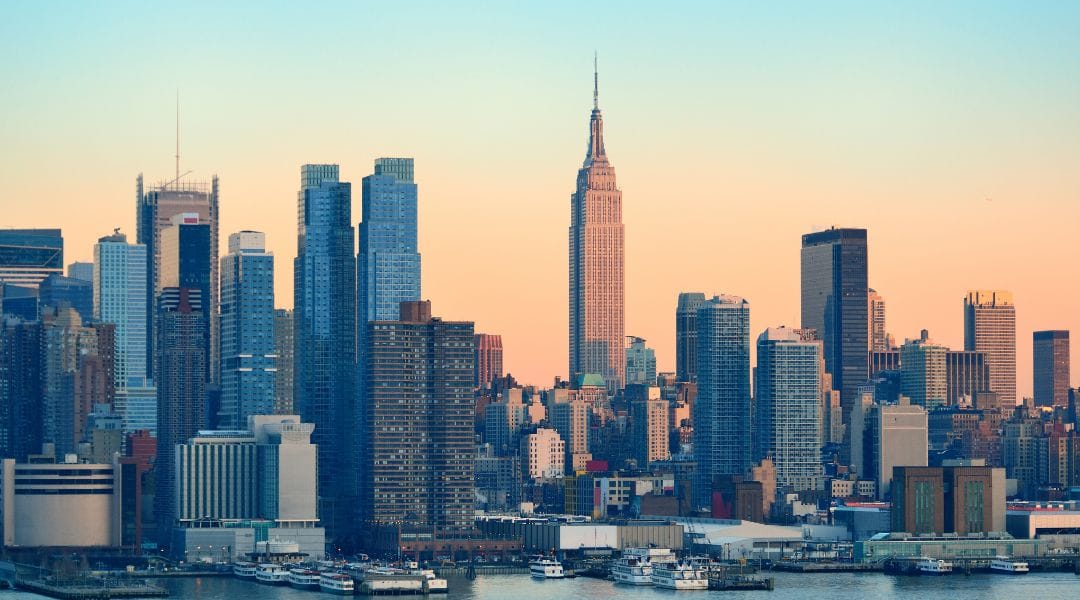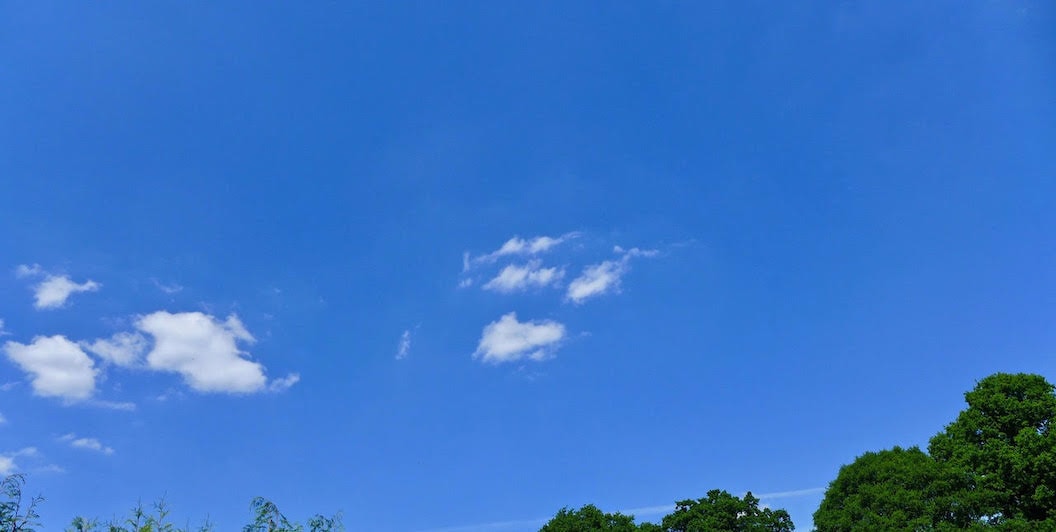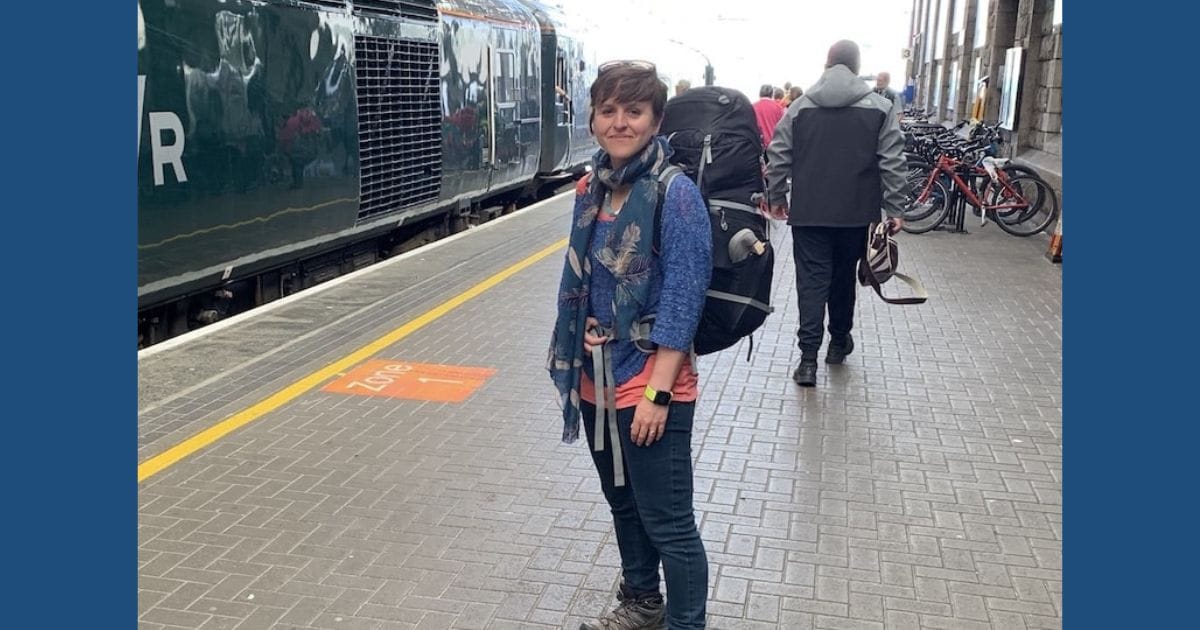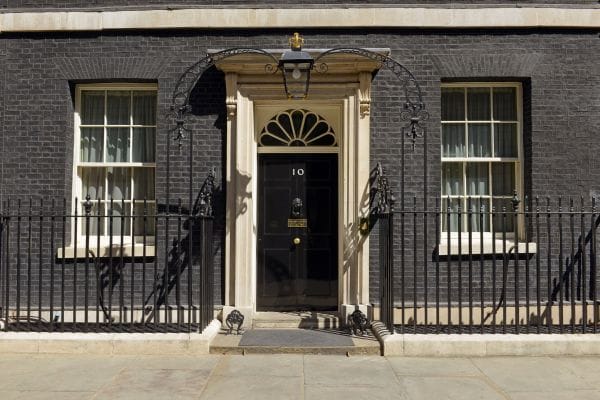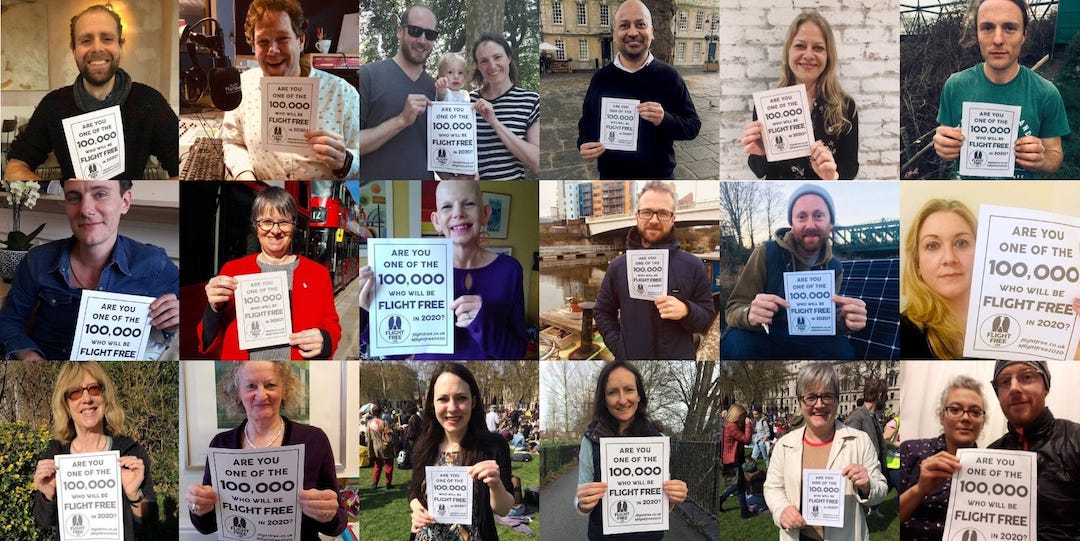
It was supposed to be a celebration. An adventure in trains, boats and buses.
An active and empowering choice made for the planet, but not a sacrifice or restriction – a year full of exploring, trying new things and doing things differently.
Well, we are certainly doing things differently. Who could have predicted this? Certainly not the aviation industry. Forecasts over the past years have been for relentless growth, and 2020 would have been no exception.
Some people say, look at the clear blue skies! You must be so happy. Or ironically comment that the Flight Free 2020 campaign went better than anyone could have hoped.
But it’s an empty joke. In truth, I’m a bit heartbroken. The carefully-planned events, the arranged talks, the personal and collective adventures that are no longer happening. It was supposed to be a positive year of giving props to the people from all walks of life who had made the pledge, and making real on the promise that life is just as fun if you don't fly.
For some, taking a year off flying is a big deal. Alongside the long-time refuseniks on our pledge were recent frequent flyers who had been inspired to join a social movement that led away from air travel and towards a different way of thinking. Among them were travel writers, full-time bloggers and aviation addicts who, despite the obvious difficulties in eschewing air travel were planning their overland adventures with gusto.
What will happen now? Will the people we inspired have another go next year? Or was it a one-time thing? The aim of Flight Free 2020 was to kick-start long-term behaviour change: newsworthy, unique, and the kind of thing that would grow year on year.
The aim of Flight Free 2020 was to kick-start long-term behaviour change: newsworthy, unique, and the kind of thing that would grow year on year.
Every person who signed our pledge did so in the good faith that their voice would be counted. Whatever their motivation, we were determined to show that the growing movement away from air travel could influence industry, policy and those around us. We were looking forward to seeing the stats that would prove we were making an impact. The stats from this year are remarkable. But they are not of our making.
Of course, there are positives.
We can point to the peaceful skies and say, can we keep them this way? It would give a respite to those under flight paths whose lives are blighted by noise and smell. We can look at the improvement in air quality, at the return of nature to places that are usually overrun with tourists, and say, can we choose this? The negative sides to air travel are conveniently left out of the marketing.
On the other hand, we can look at the drop in emissions and realise that the scale of the challenge we face is huge. If we are to reach our climate targets there needs to be a 7.6% drop in emissions year on year – and that’s probably not even enough – which is more than this brief hiatus has given us. We need sustained de-growth across the board, in every sector. The climate emergency just isn’t compatible with business as usual.
We need sustained de-growth across the board, in every sector. The climate emergency just isn’t compatible with business as usual.
Of course, we need to do this in a way that doesn’t decimate the economy, cause companies to fail, and make a lot of people redundant. That’s where the choice comes in.
Yes, it’s a positive thing that there are fewer aeroplanes in the sky, but it only counts if we choose it to be so. If consumers choose to move away from air travel, industry will follow that shift. Jobs will evolve rather than simply be lost. Because not flying doesn’t mean not travelling – even though we can’t do that at all at the moment.
So as lockdown is lifted and travel is once again on the cards, let’s choose low-carbon. Let’s choose close-to-home. Let’s choose a slower, more present, better type of travel that is as good for the traveller as it is for the environment.
Because we desperately need to significantly reduce our emissions, and that means flying far, far less. If there’s anything we can take from lockdown, hopefully it’s to appreciate the beauty of where we are and the need to protect it.
